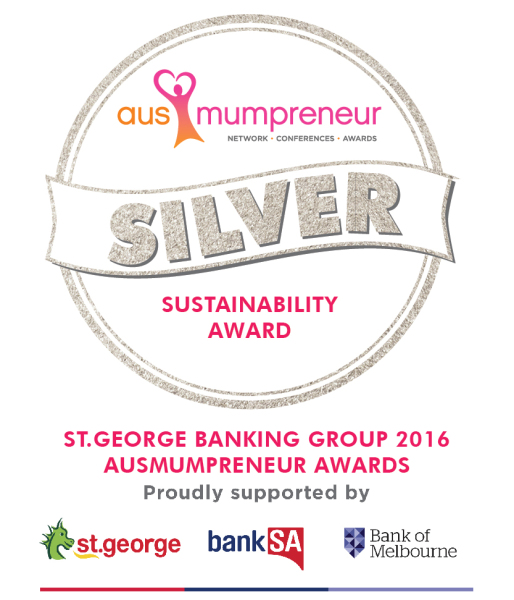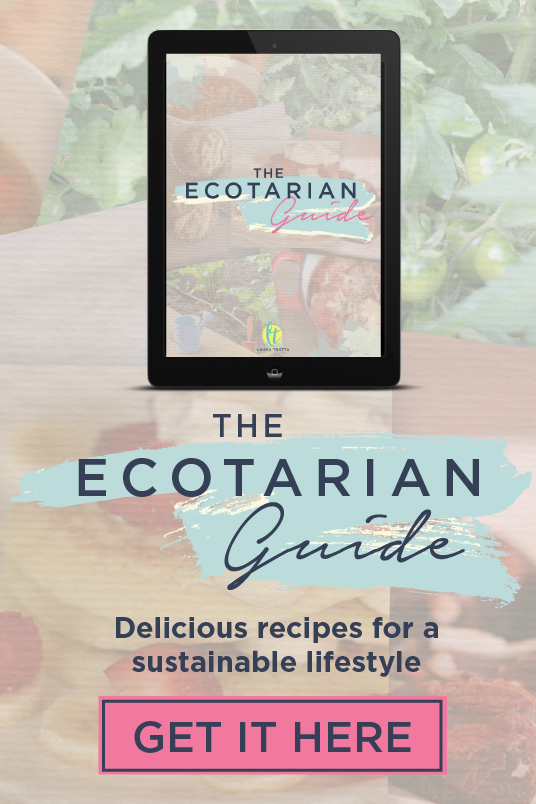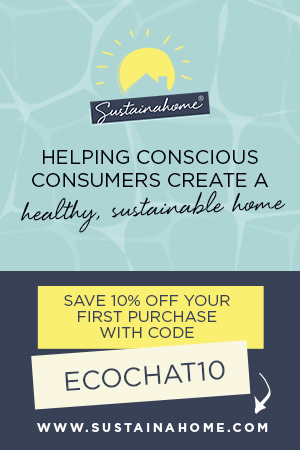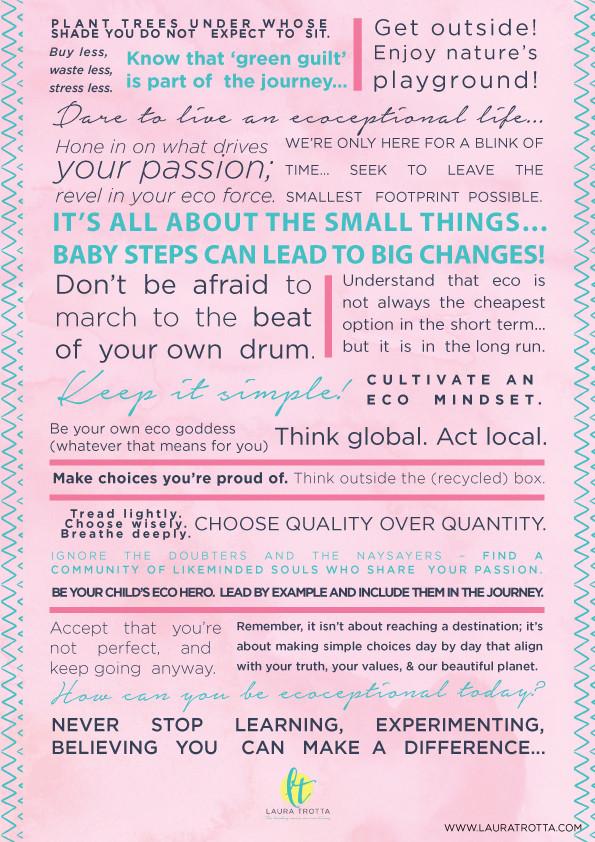We all need a bank to help us manage our money. But what if “who” we banked with made a difference?
What if your everyday banking was yet another avenue to create a better future for humanity?
What if your everyday banking could create a better global environment in the future?
What if your bank poured its profits into social and environmental initiatives in the community it operated, rather than paying returns to shareholders?
WHO you bank with CAN make a difference. A big one!
In this Eco Chat episode I’m joined by Sustainability Manager of Beyond Bank, Kate Carroll.
Beyond Bank Australia is a local customer-owned and B Corporation bank. Kate works across the business to help create positive impact for people and planet whilst also delivering value for the organisation.
Kate will share why she believes people should care about who they bank with, what it means for a bank to be customer-owned and a B Corporation, and what you should look out for when making the switch to a more ethical bank.
Disclaimer: Laura Trotta is not a financial planner. Any investment advice given by Laura Trotta (or by any other person through this Website) is based on that person’s opinion and their general experience, but not your specific case. A such, you should always seek independent financial advice for your particular circumstances before acting on information that is published or recommended on this Website.
Resources:
Self Sufficiency in the Suburbs
Podcast: Play In New Window
Subscribe in Apple Podcasts | Stitcher | Spotify
‘PLEASE SHARE YOUR BACKGROUND AND WHAT LED YOU TO THE WORLD OF SUSTAINABLE AND ETHICAL BANKING?
There have been a few twists and turns along the way but it’s been a really enjoyable journey.
I started off in the resource sector as I had an environmental science background and I wanted to work in an area where I could contribute in terms of minimizing harm that was being done to the environment, reduce pollution, all that type of good stuff.
There were a couple of things that led me to where I am now and it’s been a real learning curve as my career progressed. I really enjoyed working in the mining industry but soon realized that I was constrained by decisions that had been made a long time ago in terms of the infrastructure that existed and the regulatory framework that existed too. You could only do so much with the footprint we were working with.
A defining moment in my career was what I attended my first managers meeting and our stuff (environmental) wasn’t really on the agenda, in terms of the big picture and what the company was working towards. That’s when I had the realization that perhaps we were not on the radar as much as what I would like us to be.
From that point I really became interested business and understanding the drivers of business and the business language, so I could have more of a seat at the table. While I was on parental leave, I studied a masters of business administration and really loved it. After completing my MBA I moved into a sustainability manager position at Beyond Bank where my career really progressed to where I am now.
WHY DO YOU BELIEVE PEOPLE SHOULD CARE ABOUT WHO THEY BANK WITH?
Coming into this industry, I hadn’t really thought a lot about what happens to money when you put it in the bank. There is sometimes this assumption that it is sitting in a big bank vault somewhere but that’s not the case. Banks are using your money and it’s a very fine balance between the deposits and savings that come into the bank, and how the bank lends them out. Consumers have the opportunity to really help influence where the money is invested, by picking a bank that aligns to their value.
HOW DOES BEYOND BANK DIFFER FROM OTHER BANKS?
The first key difference is that we are a customer owned bank. So we have a very different operating model. This is something I had to learn about when I first applied for the role here. Our foundation, how we were created, is really rooted in that cooperative model and that is something that really resonated with me. So instead of having that shareholder first mentality, our focus is really on our customers, how we support their communities which in turn, support us. So it’s really interdependent.
WHAT ARE SOME OF THE WAYS BEYOND BANK IS MAKING A DIFFERENT SOCIALLY AND ENVIRONMENTALLY?
So one of the big ones for me is that we’re really strong on the social side of things. One of the key ways to do that is through what you do as a business. So banking products is a really important way of creating impact. One of our products, the rewards account which is a savings account, is a really great example of how we deliver that sort of social benefit through encouraging our customers to save but they can also link that to a community organisation or cause they are about. Through that network we can give a bonus back to that community organisation. So it’s a really easy way for not for profits and community organisations to fundraise by helping our customers save money.
Beyond Bank also have a Community Grants Program and our foundation which really focused on supporting the good work of not for profits and community organisations. These groups help local communities in disaster events such as bushfires or floods, or they support disability and aged care etc.
We also provide our staff with two community leave days so that can get out into their communities and give back by volunteering.
We have also been able to work with key stakeholder to make our banks more inclusive for people. Not just from a physical access perspective, but also for people with autism and dementia and how they experience a brand. We have been able to incorporate some really great changes in our branch design to make it more inclusive.
WHY DID BEYOND BANK CHOOSE TO BECOME A B CORPORATION?
Being a B Corporation requires a business to focus on social and environmental performance, being transparent and accountable. Really looking at how a business can be used as a force for good by looking at the impact of the business on those broader stakeholders.
We assess our impact on our workers and how we treat our workers. It’s our customers, it’s our community, it’s the environment but also how we are governing our business in an ethical and responsible way. It’s looking at your impact business models and what you’re in business to do and how you are creating positive impact through your products and services.
WHAT CHECKS ARE IN PLACE TO ENSURE THAT B CORPS ARE AS ETHICAL AND SUSTAINABLE AS THEY CLAIM TO BE?
There is a very high bench mark to reach a certification level. You need reach a minimum of 80 points which is really hard for a business to do. Most business sit at around 50 or 60 points. What I love about this movement is that the assessment tool is free and open to any business. So its really inclusive and provides businesses with important and tools so they can assess themselves and their impact on stakeholders.
All B Corporations are individually assessed by B Labs, which is a not for profit organisation that manages the certification. So there is rigour around that certification process and that needs to happen every three years and then the standards change. The goal posts are also regularly changing as well. So you can’t just sit still. You need to continually reflect on best practice.
WHAT ADVICE DO YOU HAVE FOR PEOPLE LOOKING TO SWITCH THEIR EVERYDAY BANKING TO A MORE ETHICAL PROVIDER?
There is a real mentality that switching your banks is a real chore and banking is kind of almost a bit of a set and forget sometimes. But its really not that difficult to switch banks anymore. A lot can be done online, or you can go into a branch for assistance. There have been changes made in the banking regulatory space where its allowed for more of an open banking model, which makes it easier for customers to move their money around.
I think it’s about educating people about the kinds of consumer decisions they can make. It’s about making conscious choice about what you’re moneys doing and what its supporting. Once you’ve made your decision to switch, just look at what options are available in your country for an ethical and responsible bank.
WHERE DO YOU SEE BEYOND BANK IN 10 YEARS TIME ?
I really hope that as a customer owned bank, we will have a bigger share in the finance market. I would love to see more people embracing that cooperative model. I also hope that we will be serving more communities if we have a bigger geographic spread and have more of a physical presence in different regions.
Then there is the digital innovation which will continue to play out. How we act through digital technology is constantly evolving and I think the role of the physical branch will look slightly different in the future. It will be interesting to see how banks look in 10 years time, and as a customer owned bank I really hope we are a big part of that change too.
WHERE CAN WE LEARN MORE ABOUT BEYOND BANK?
You can find us on all the social media platforms or you can visit us on our website at www.beyondbank.com.au.
About Kate
Kate Carroll is Sustainability Manager at Beyond Bank Australia, a local customer-owned and B Corp bank. Kate works across the business to help create positive impact for people and planet whilst also delivering value for the organisation.
Kate has an MBA and degree in Environmental Science with the University of Adelaide and has extensive experience working in environmental management within the mining and minerals industry.
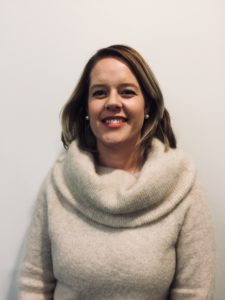
OVER TO YOU
If you’re ready to learn more about how you can reduce your emissions, household waste, live toxin-free and embrace a more sustainable lifestyle with the support of Laura, join the Self Sufficiency in the Suburbs community today!
Like this post? You’ll also love…
[154] Pros and Cons of Electric Vehicles
[155] How to Offset Your Carbon Emissions
[162] Ecosia – the Search Engine Planting Trees
[164] Climate Change and the Human Health Impact
[166] How Home Solar Systems Work
[167] How Home Battery Systems Work
[173] Ethical Investing…. What It Is and How to Get Started
[174] Ethical Superannuation…. What It Is and How to Get Started
- Sustainable Home Design- factors to consider to maximise sustainability - July 28, 2022
- Advantage and Disadvantages of Tiny Houses - May 31, 2022
- How School Strike 4 Climate is Empowering Youth to Fight for Their Future - May 1, 2022

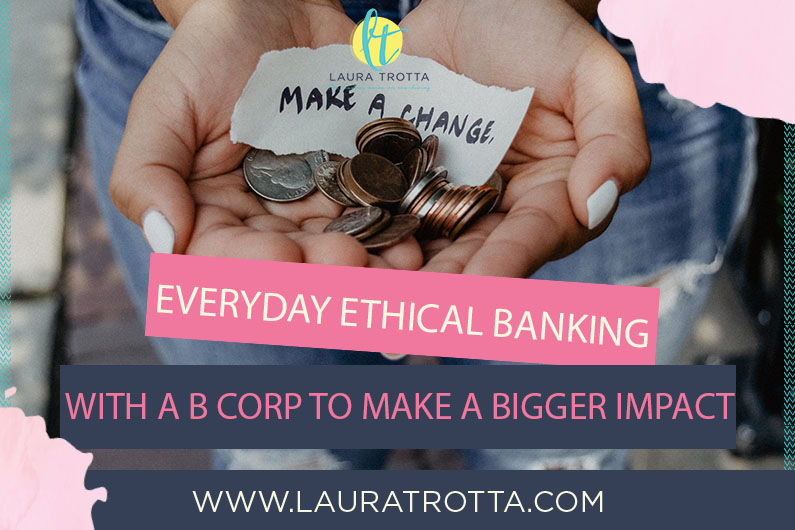
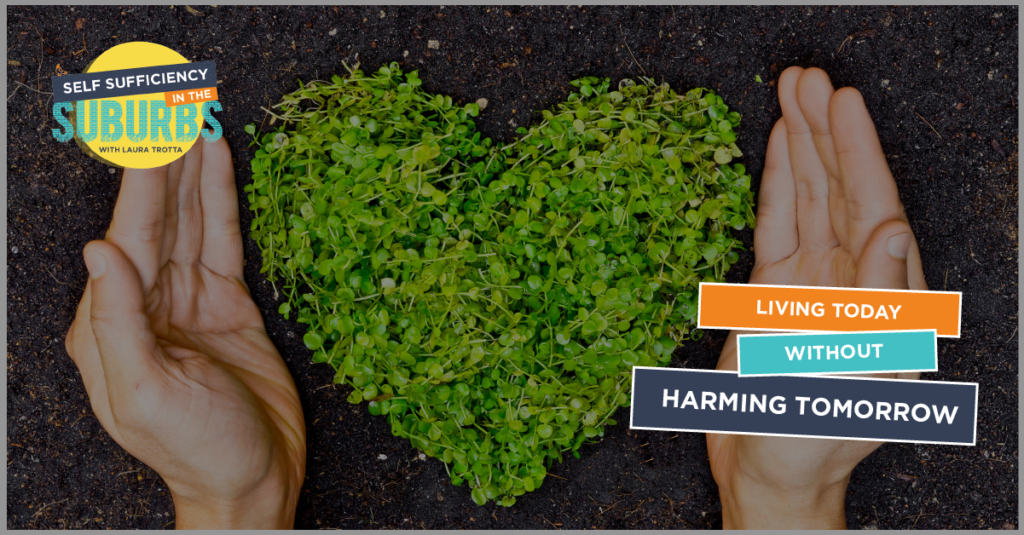
 Laura Trotta is one of Australia’s leading home sustainability experts. She has a Bachelor of Environmental Engineering, a Masters of Science (in Environmental Chemistry) and spent 11 years working as an environmental professional before creating her first online eco business, Sustainababy, in 2009. She has won numerous regional and national awards for her fresh and inspiring take on living an ‘ecoceptional’ life (including most recently winning the Brand South Australia Flinders University Education Award (2015) for the north-west region in SA and silver in the Eco-friendly category of the 2015 Ausmumpreneur Awards). With a regular segment on ABC Radio and with her work featured in publications like Nurture Parenting and My Child Magazine, Laura is an eco thought leader who’s not afraid to challenge the status quo. A passionate believer in addressing the small things to achieve big change, and protecting the planet in practical ways, Laura lives with her husband and two sons in outback South Australia.
Laura Trotta is one of Australia’s leading home sustainability experts. She has a Bachelor of Environmental Engineering, a Masters of Science (in Environmental Chemistry) and spent 11 years working as an environmental professional before creating her first online eco business, Sustainababy, in 2009. She has won numerous regional and national awards for her fresh and inspiring take on living an ‘ecoceptional’ life (including most recently winning the Brand South Australia Flinders University Education Award (2015) for the north-west region in SA and silver in the Eco-friendly category of the 2015 Ausmumpreneur Awards). With a regular segment on ABC Radio and with her work featured in publications like Nurture Parenting and My Child Magazine, Laura is an eco thought leader who’s not afraid to challenge the status quo. A passionate believer in addressing the small things to achieve big change, and protecting the planet in practical ways, Laura lives with her husband and two sons in outback South Australia. 